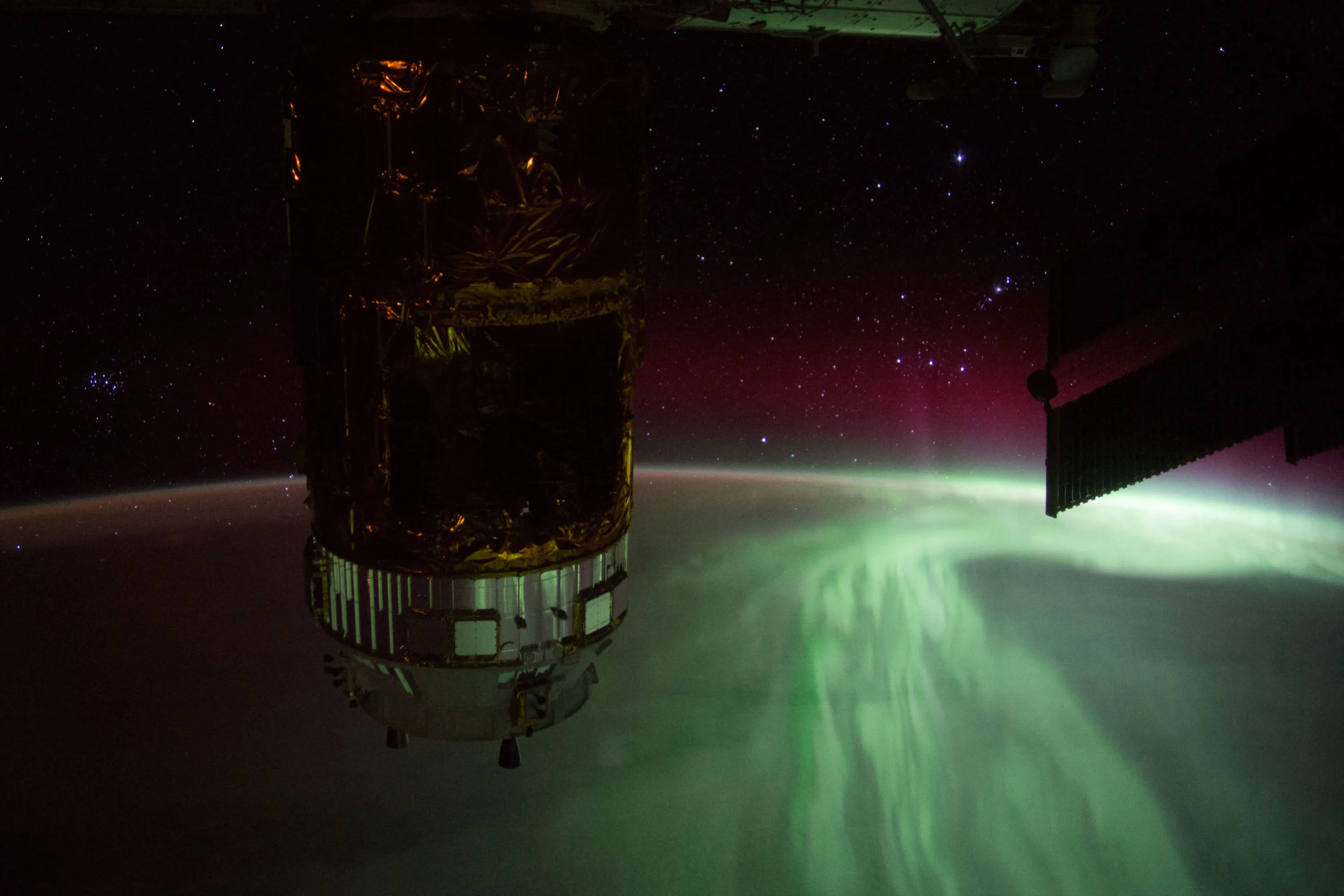Next-Generation Space Weather Prediction
Space weather events can wreak widespread societal havoc, disabling satellites and causing outages of electrical grids on the ground. The potential for disruption is great enough that the National Science Foundation (NSF) and National Aeronautics and Space Administration (NASA) committed to fund $17M to establish the next generation of space weather prediction systems.
One of these prediction systems, Aether, is being developed and distributed as free and open-source software (FOSS), an approach that its developers hope will enable it to become widely used in the space weather community.
“Aether is a new open source model of the upper atmosphere that is written with modern coding standards,” said principal investigator Aaron Ridley, who is professor of climate and space sciences and engineering at the University of Michigan. “It will help researchers understand how the choices of parameterizations and numerical methods alters space weather forecasts, including predictions of satellite trajectories for collision avoidance, over-the-horizon communications, and accuracy of global navigation satellite system positions.”
“Many versions of the current upper atmospheric models are proprietary, making it difficult to replicate and build off of other people’s work. Aether, as FOSS, will provide a collaborative environment for modelling studies,” said core team member Angeline Burrell, who is a Research Physicist at the Naval Research Laboratory (NRL).
The model is developed in a collaboration between the University of Michigan, NRL, NASA, and NCAR.
“Collaborations between different types of research institutions bring together people with different research application focuses. This is essential for creating a modelling framework that is useful for the entire community, spanning a range of possible applications that include education, basic research, and forecasting,” Burrell continued.
DAReS staff members Jeff Anderson and Ben Johnson are responsible for implementing the data assimilation aspects of the project. Data assimilation will allow the model to account for uncertainty in physical variables, such as the solar radio flux, which affects the signals measured by GPS devices.
Unlike the current generation space weather forecasting systems, which produce deterministic forecasts, Aether will use ensembles of upper-atmosphere models to generate probabilistic forecasts, akin to weather forecasts in the lower atmosphere.
Aether also aims to be a user-friendly system that is understandable by researchers and beginning graduate students alike. The Aether team will host summer schools to get graduate students acclimated with space weather prediction.
Team members believe this will be a key aspect of the model’s adoption by the broader community. Burrell added, “As is the case with mathematical methods for physics, learning coding skills targeted for a specific research environment can help students retain information (as the knowledge is provided in a practical context) and learn the most relevant coding skills.”
The team is composed of Aaron Ridley and Qusai Al Shidi at the University of Michigan, Jared Bell and Alex Glocer at NASA Goddard Spaceflight Center, Angeline Burrell and Meghan Burleigh at NRL and Jeffrey Anderson and Ben Johnson at NCAR. This work is supported by the NSF/NASA grant 80NSSC20K1581.
Further reading
For more information, see https://aetherdocumentation.rtfd.io/.
